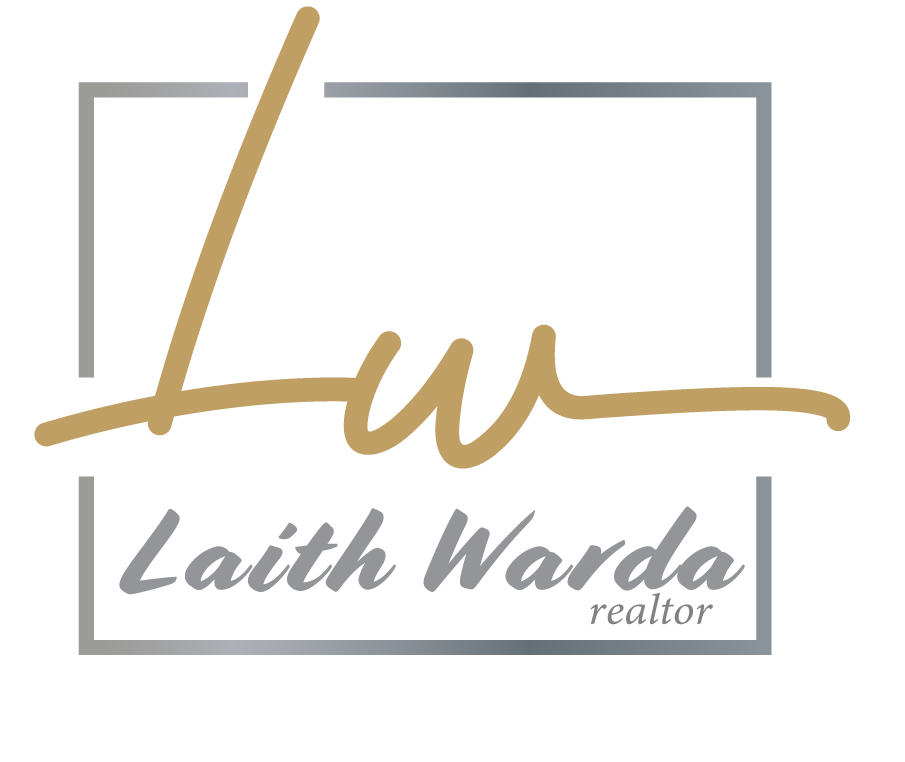
Get organized
Collect pay stubs, 1099s or W2s from your income sources, and all your bank account statements.
Tax returns for the past two years, statements from current loans and credit lines, and names and addresses of your landlords for the past two years. Have all of that paperwork ready for the lender. It may seem like a lot, but in this age of tight credit, don’t be surprised if your lender wants a lot of documentation.
Have all of that paperwork ready for the lender. It may seem like a lot, but in this age of tight credit, don’t be surprised if your lender wants a lot of documentation.
W-2’s, tax returns for the past two years, statements from current loans and credit lines, and names and addresses of your landlords for the past two years. Have all of that paperwork ready for the lender. It may seem like a lot, but in this age of tight credit, don’t be surprised if your lender wants a lot of documentation.
examine your credit
Collect pay stubs, 1099s, or W2s from your income sources, and all your bank account statements.
Tax returns for the past two years, statements from current loans and credit lines, and names and addresses of your landlords for the past two years. Have all of that paperwork ready for the lender. It may seem like a lot, but in this age of tight credit, don’t be surprised if your lender wants a lot of documentation.
Have all of that paperwork ready for the lender. It may seem like a lot, but in this age of tight credit, don’t be surprised if your lender wants a lot of documentation.
W-2’s, tax returns for the past two years, statements from current loans and credit lines, and names and addresses of your landlords for the past two years. Have all of that paperwork ready for the lender. It may seem like a lot, but in this age of tight credit, don’t be surprised if your lender wants a lot of documentation.
get pre-approved
Getting preapproved for a mortgage helps you bargain from a position of strength when you are house hunting. The institution where you bank and a local credit union are good places to start your search. Use Bankrate’s mortgage rates tool to find lenders offering the best rates in your area. Applying to multiple lenders in the same month helps increase your chances of getting a loan approved at the best rate possible without dinging your credit score too much.
Fannie Mae recommends that buyers spend no more than 28 percent of their income on housing. Push past 30 percent and you risk becoming house-poor.
BE INFORMED OF CLOSING COSTS
You can also avoid upfront fees on your loan by getting a no-closing cost mortgage, in which you don’t pay any of the closing costs when you close on the mortgage.
Typically, when a lender offers a deal like this, it does end up costing you in the long run: The lender may charge you a higher interest rate on the loan for not paying closing costs, or the lender may wrap the closing fees into the total mortgage owed, in which case you end up paying interest on the closing costs.
Finally, home buyers can negotiate with the seller over who pays these fees. Sometimes the seller will agree to assume the buyer’s closing fees.
don’t forget the trees
Often things are missed until it’s too late.
- Scope out the sewer line — especially if you’re interested in an older home — to make sure there aren’t any tree branches or other debris clogging up the works. Otherwise, you might find some nasty sludge in the basement.
- Look at the trees. How mature are they? Roots from older trees can invade the sewer line; untrimmed branches can pummel your gutters during storms.
- Know what’s not covered by homeowners insurance. “I learned seepage isn’t covered. Shame on me,” he says.
- Ask how old the appliances are. You might need to budget for something new in a few years. Sellers are only required to fix what the inspector finds is broken; they’re not going to upgrade working appliances for you.


